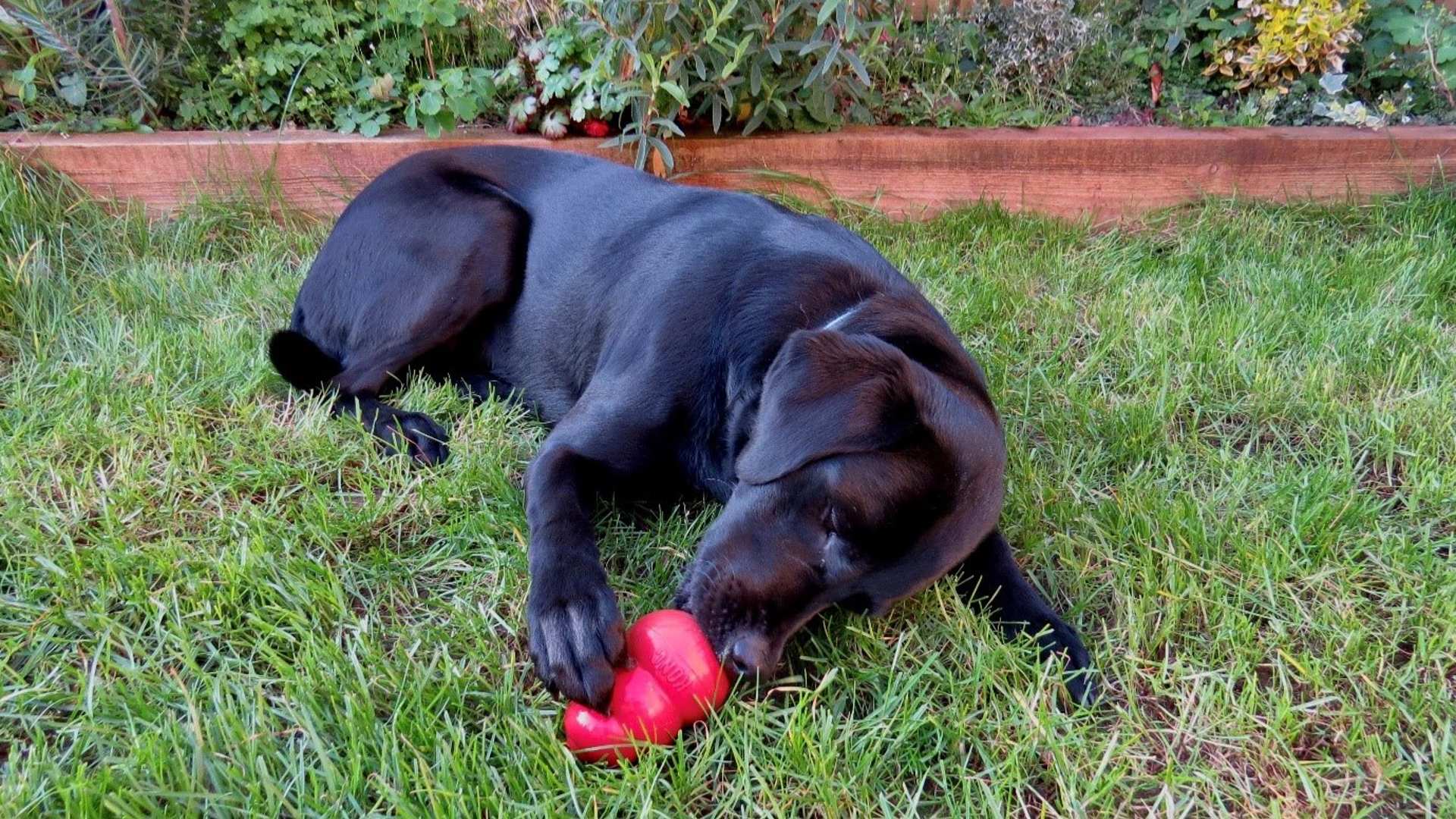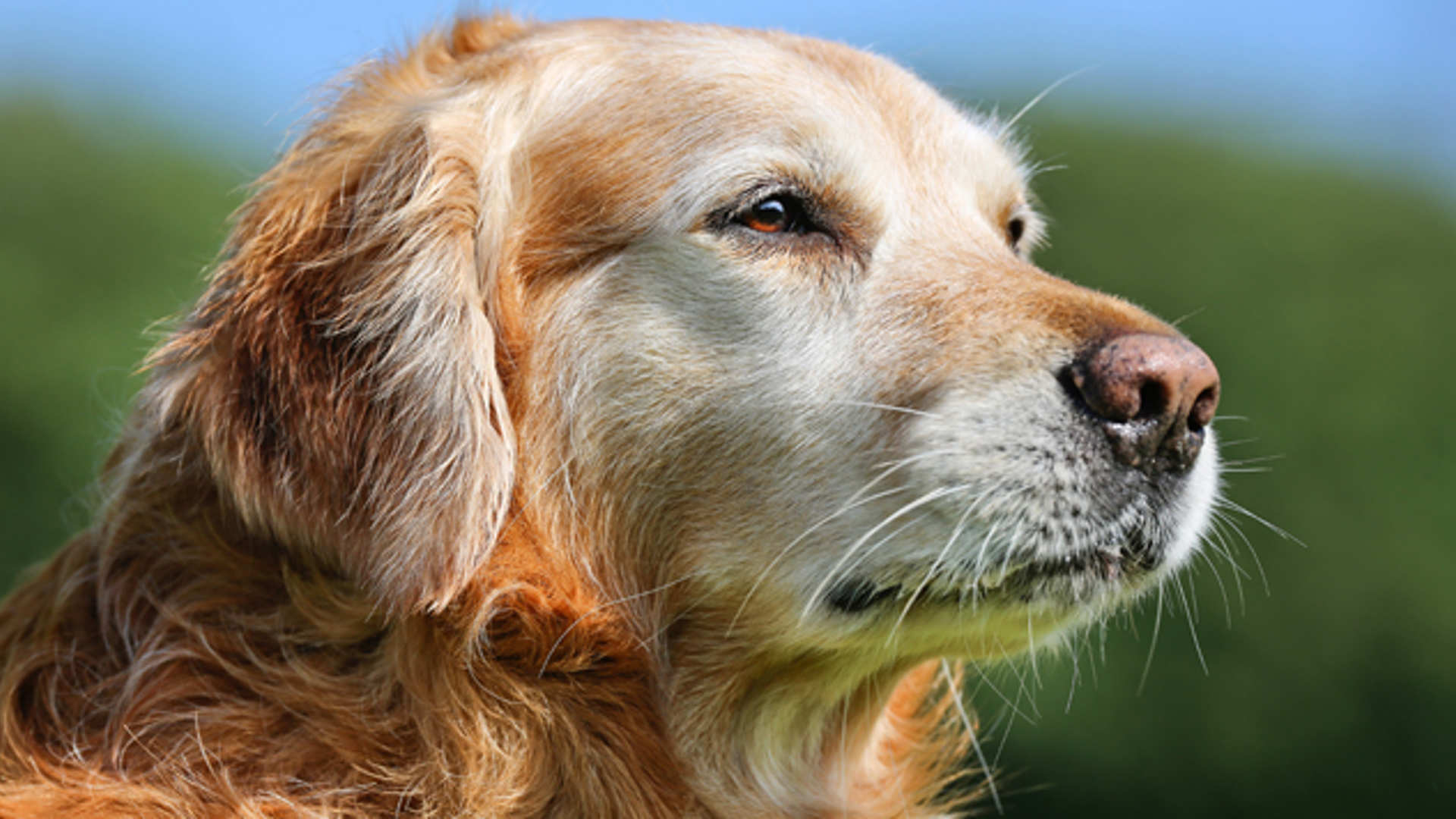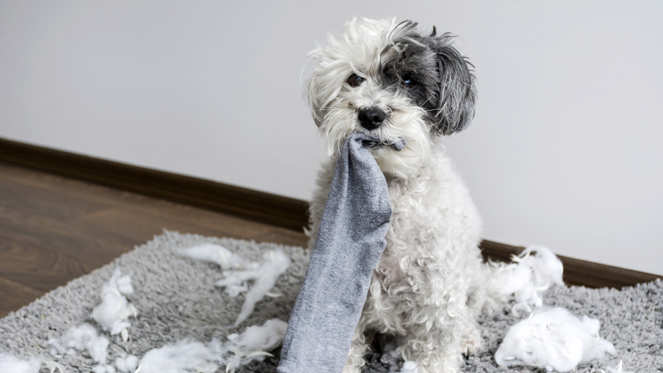
Puppy Behaviour
Some of the most common problems affecting dog owners are behavioural difficulties. Unfortunately, in extreme cases this can lead to re-homing or even euthanasia of the pet, which is heart-breaking for all involved. Some simple dog training can make all the difference and help your dog to fit into your family life seamlessly.
There are several options when it comes to toilet training but in general it is best to maximise the chance for the pup to get it right and minimise the chance of it going wrong, then use praise to reward the correct behaviour. Your pup is most likely to want to toilet first thing after sleeping, after meals and before bed time. If you have a secure garden where the puppy can safely go, it may be easier to start getting them used to going outside from the first day, rather that training them to paper first.
It is vital to make sure that you gradually expose your puppy to as many ‘normal’ experiences as possible in the first 12 weeks of age. Each experience should be made as positive and rewarding as possible to prevent a fear response. As your puppy matures beyond 16 weeks of age it will gradually develop a more fearful initial response to new experiences which makes it more difficult to teach them to respond correctly to that event.
The current recommendation for dog training is reward based, rather than punishment based. In principle you should encourage your dog to carry out the correct behaviour then immediately provide a reward for success. Each puppy will respond best to different types of reward, some puppies are very treat or food orientated whilst others respond better to play or attention. Spend some time learning what your puppy values most. Training sessions should be kept short initially for just a few minutes as the puppy will lose concentration. Training should always be started as soon as possible when you take on a puppy as young puppies have the greatest capacity to learn from new experiences.
Puppy training classes are very beneficial for the whole family to get everyone involved in and teach the puppy good manners and appropriate behaviour whilst out in public. They can also provide a useful social resource of like-minded people and allow the puppy to develop social skills with different people and dogs.
Weigh and play
Pet owners are advised to visit a nurse clinic (included with The Langford Club) every month to have their pet weighted to ensure steady growth and development, discuss the nutrional needs of your pet and dispense appropriate size flea and worm treatments. This is also a great opportunity for your pet to come to the vet and have a play and some treats and a positive experience with no injection.
Stay in the know Related articles & advice
-
Behaviour

-
Arthritis

-
Vaccinations





